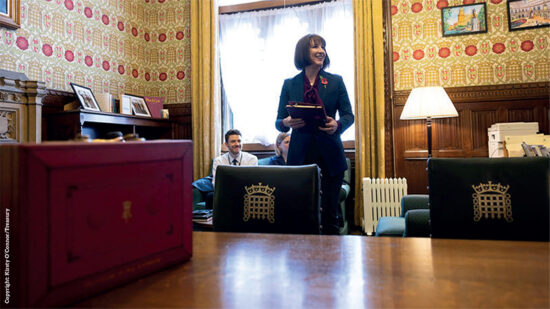The Special Regime for Exchange and Tax Regularisation (RERCT) will levy a 15% fine on top of the 15% income tax that companies and individuals are due to pay.
When first tabled in July 2015, the bill proposed a fine of 17.5% in addition to income tax charged at 17.5%.
After some negotiation the legislation passed the House of Representatives on Wednesday last week by 230 votes to 213.
Revenue boost
The bill has been seen by some as an attempt by the Brazilian government to boost revenue amidst a shrinking economy and the falling value of the real.
The government estimates that there could be as much as BRL400bn (£69.1m, €98.7m, $105.2m) in undisclosed assets held overseas.
If approved by the Senate, the amnesty could see the government net between BRL100bn and BRL150bn.
Brazil is not alone in its attempts to regularise undisclosed assets held offshore.
Liechtenstein Disclosure Facility
The Liechtenstein Disclosure Facility (LDF), an agreement between Liechtenstein and the UK’s HM Revenue & Customs (HMRC), offered clients generous terms to anonymously regularise their tax affairs whilst avoiding criminal prosecution.
Uptake, however, has been far below expectation.
With LDF coming to a close at the end of 2015, HMRC is expected to net about a third of the £3bn it had hoped to raise.








